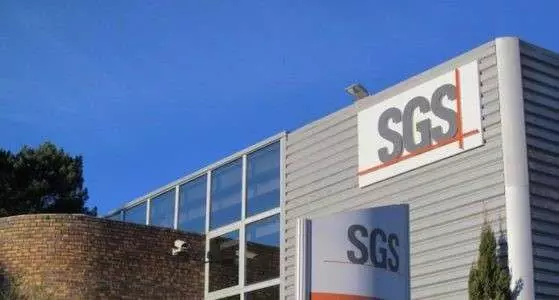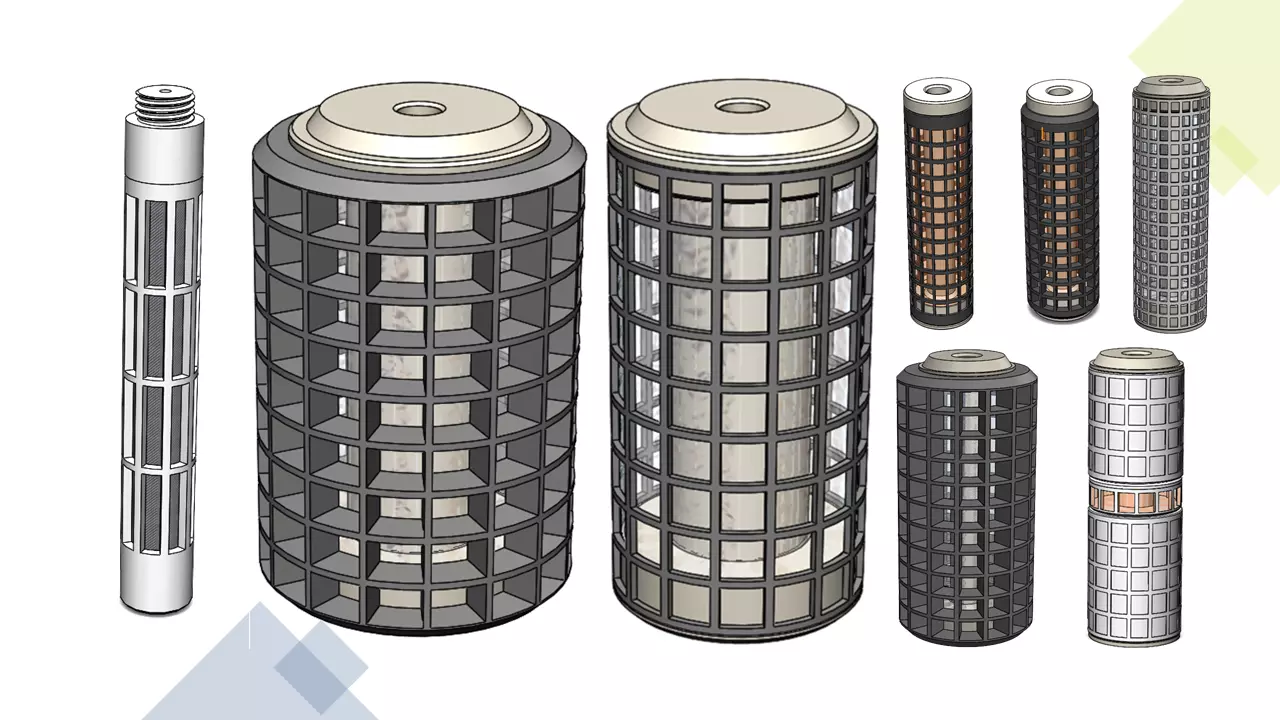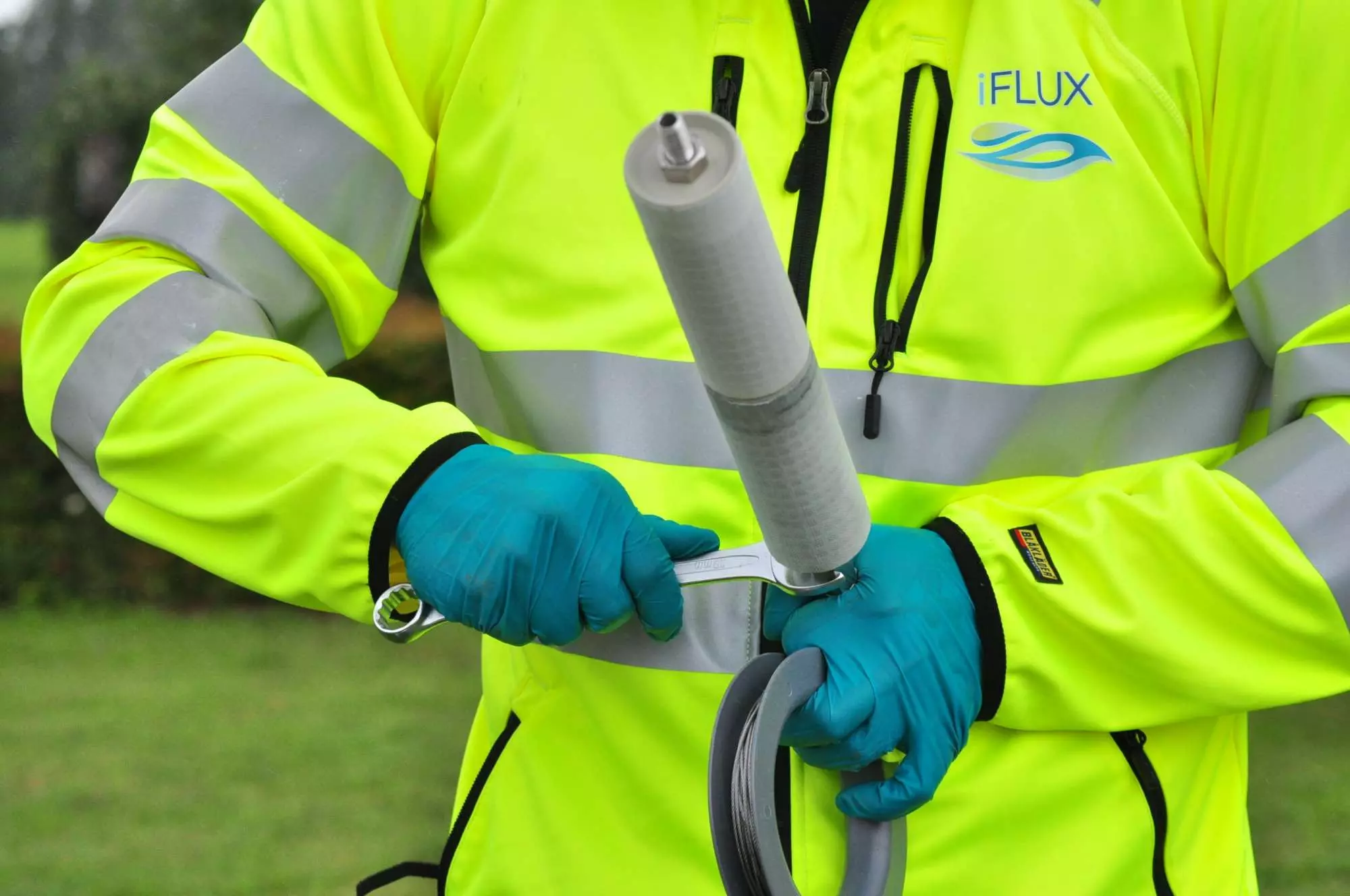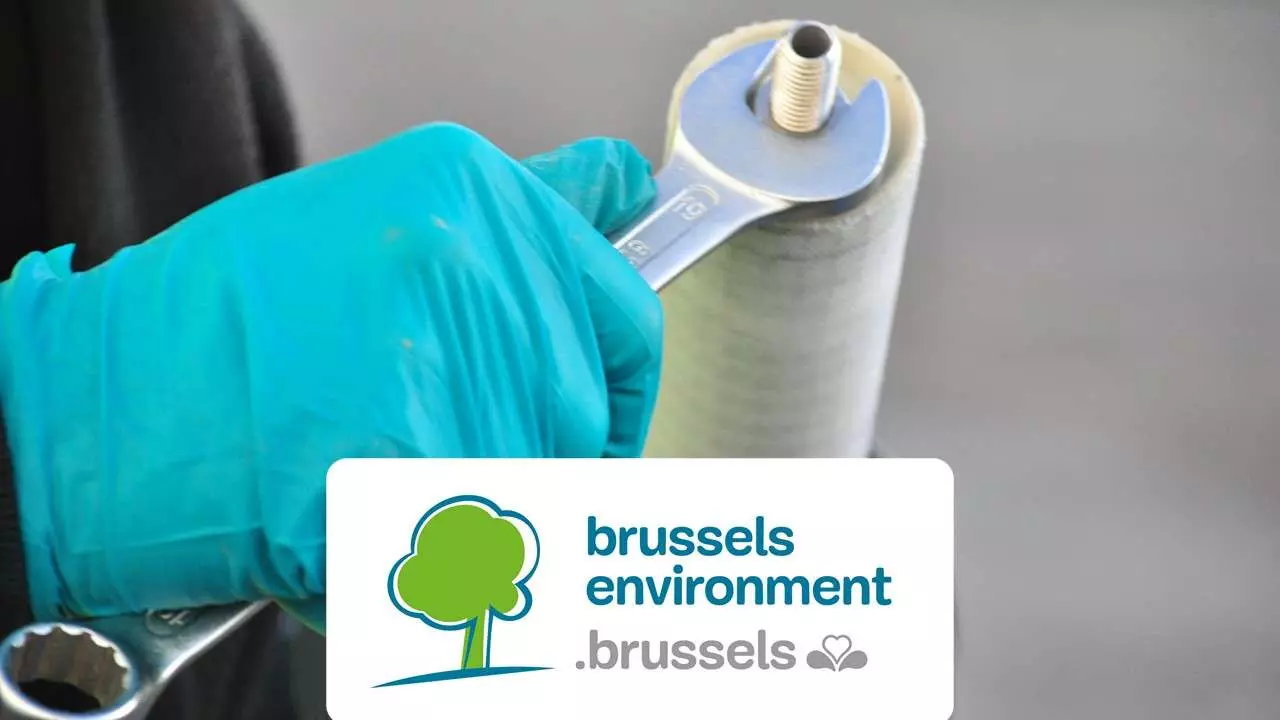Announcement: NEW SIZE Cartridges for measuring groundwater and mass fluxes in smaller monitoring wells
Posted on Tuesday 16 February 2021 We have an exciting announcement to make. Recently, we developed new sizes of cartridges to measure...

Posted on Thursday 17 May 2018
In close collaboration with lab partner SGS, iFLUX optimized the validation technique of the different iFLUX analysis packages over the past months. Together we managed to elevate the recovery level above 95%, so that we can offer qualitative flux measuring. Besides validated analysis packages for VOCL, BETX, PAKs and heavy metals, we are currently researching flux analyses for PFOS/PFAS, cyanides and pesticides. Consult our complete list of validated flux analyses here.
As the operational manager of the SGS lab in ‘s Gravenpolder, Rudi Herman is the driving force behind the successful validation of the iFLUX analyses. With years of experience and a wide range of analysis techniques, SGS developed a specific flux analysis method for each component. It was our goal to reach a minimal recovery of 95% per component to be able to guarantee our customers a qualitative flux result. Because of a close collaboration over the past months, we have succeeded in obtaining the desired analysis results.
The complete list of analysis packages can be downloaded below.
The story, however, does not end here. iFLUX and SGS think about the future and are currently working on the validation of a couple of new emerging contaminants like PFOS/PFAS analyses, cyanides and pesticides. From the moment we detect a specific need for flux analysis in the market, we can add new cartridges to our iFLUX package.
In below document you will find the contaminants the iFLUX Sampler can measure on your site:

Posted on Tuesday 16 February 2021 We have an exciting announcement to make. Recently, we developed new sizes of cartridges to measure...

Posted on Wednesday 19 Augustus 2020 Spreading of solutes and contaminants in a groundwater system is important to understand. Exploration...

Posted on Tuesday 14 July 2020 In 2018, The Brussels Environment organization commissioned the publication of a number of best practices of...